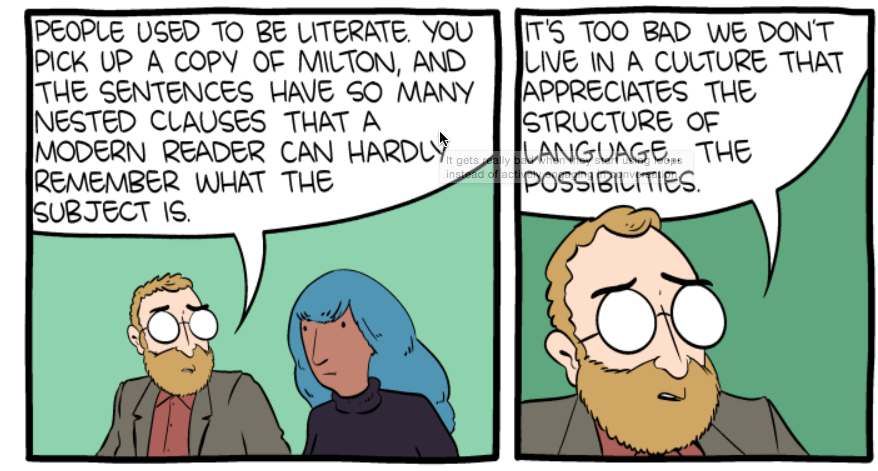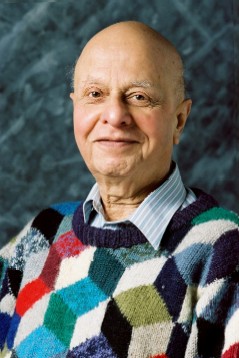In China and in the Sinophone diaspora, although Hakka may be relatively few in number, they are disproportionately influential in practically every realm of society, politics, and culture: government, the military, literature, film, cuisine, business, academia, and so on and so forth.
"Hakka made an official language" (Taipei Times, 12/30/17)
Hakka is to be made the primary language in townships where half the people are Hakka, while some civil servants will be required to take a Hakka language test.
Hakka thus joins Taiwanese / Hokkien / Hoklo and Mandarin as an official language of Taiwan. There are, of course, many other Sinitic and non-Sinitic languages spoken in Taiwan, including the aboriginal languages (mostly Autronesian, but some Malayo-Polynesian). All school children in Taiwan (as in China) learn English from a young age, and Japanese is also influential, both from its having been the language of government and education during the colonial period and from its powerful contemporary cultural and commercial attraction.
Read the rest of this entry »




